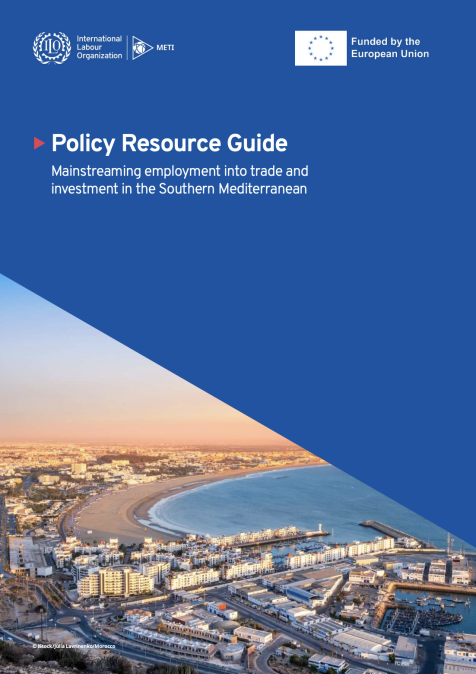Podcasts
3D Priting : Shaping Africa’s Future
Related topics:
According to the global consulting firm McKinsey and Company, one out of our workers worldwide may be African by 2030. The global center for gravity of labor-intensive manufacturing is expected to shift to poorer economies with lower labor costs-including those in sub-Saharan Africa- and the African region could emerge as “the next factory of the world”. Yet, this is not certain. The adoption of technologies associated with “Industry 4.0” – the Internet of Things (IoT), robotics, and three-dimensional (3D) printing-in China and high-income economies in Europe and the United States is reducing the importance of low labor costs in determining overall production location and may , in the long term, lead to a reshoring of global supply chains.










